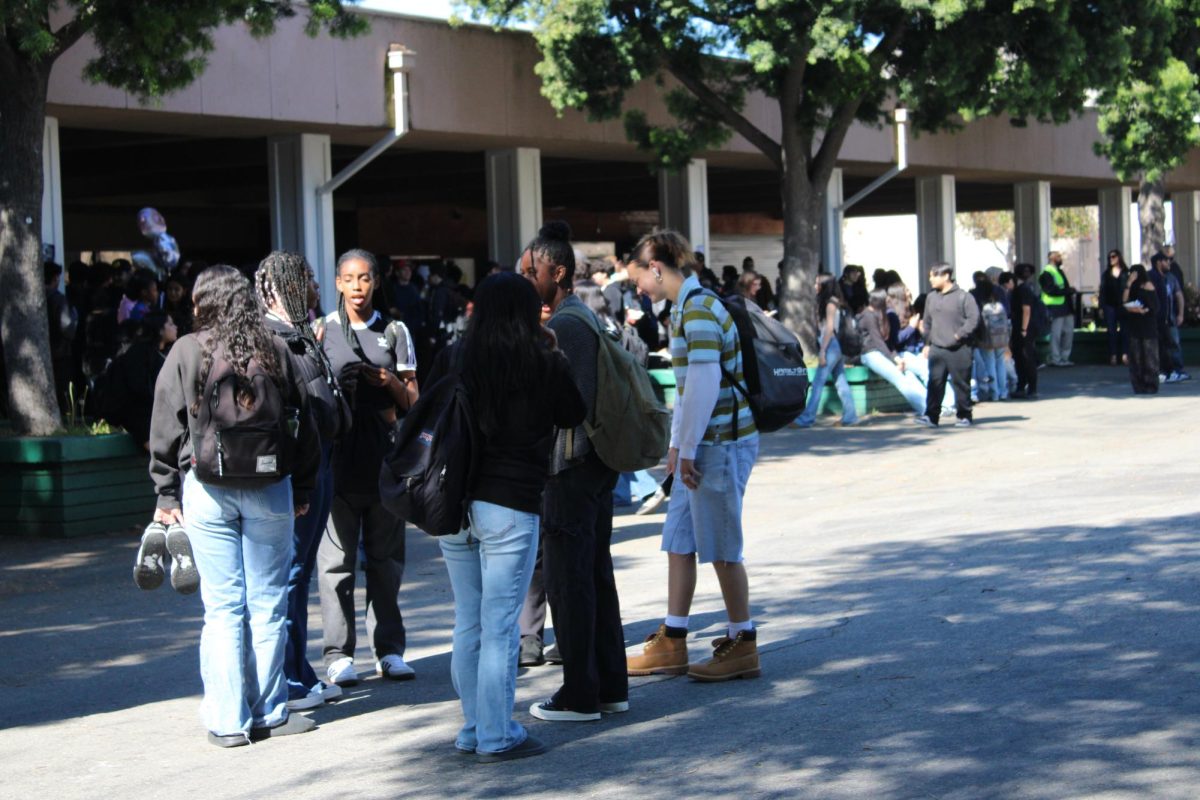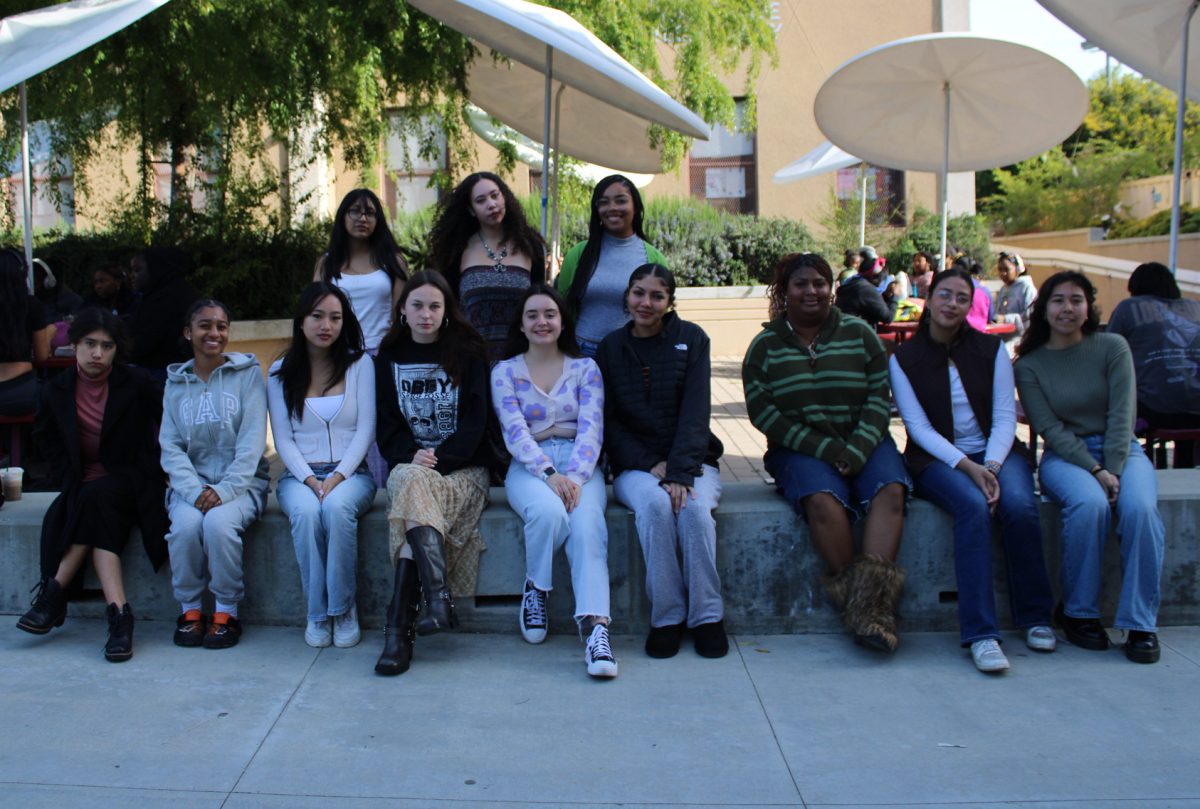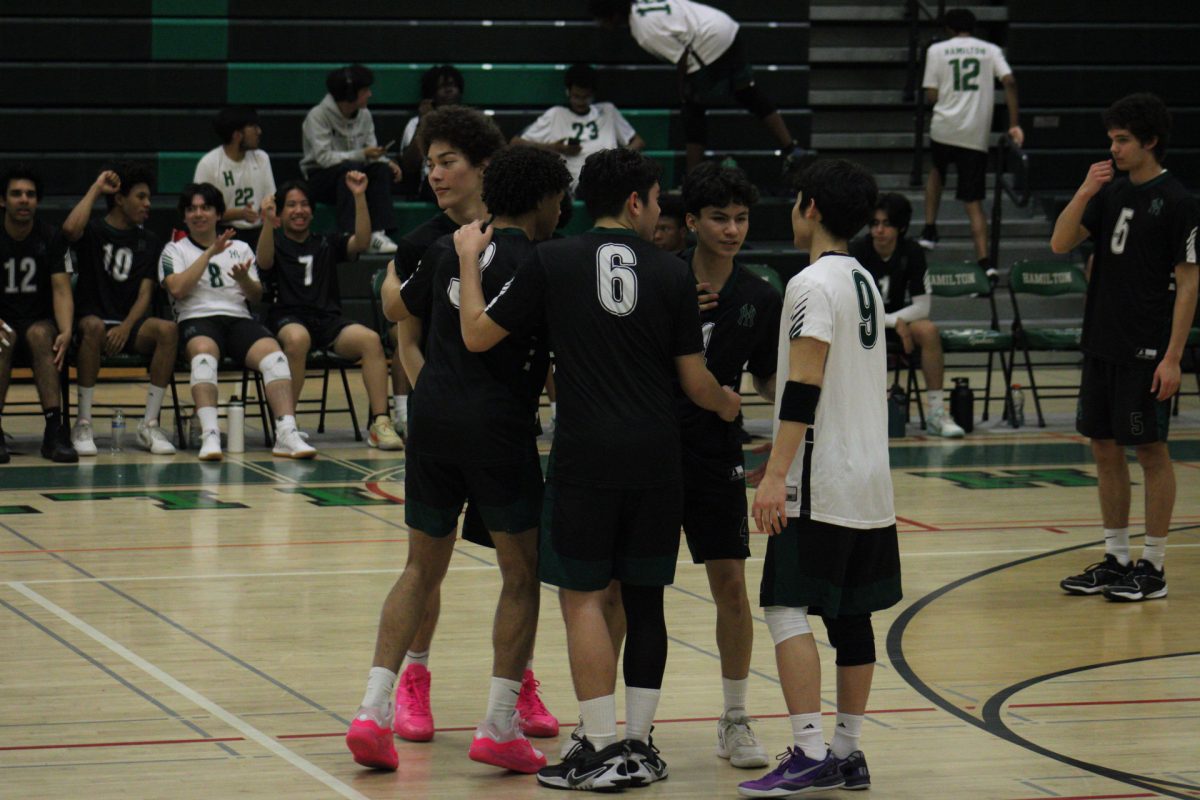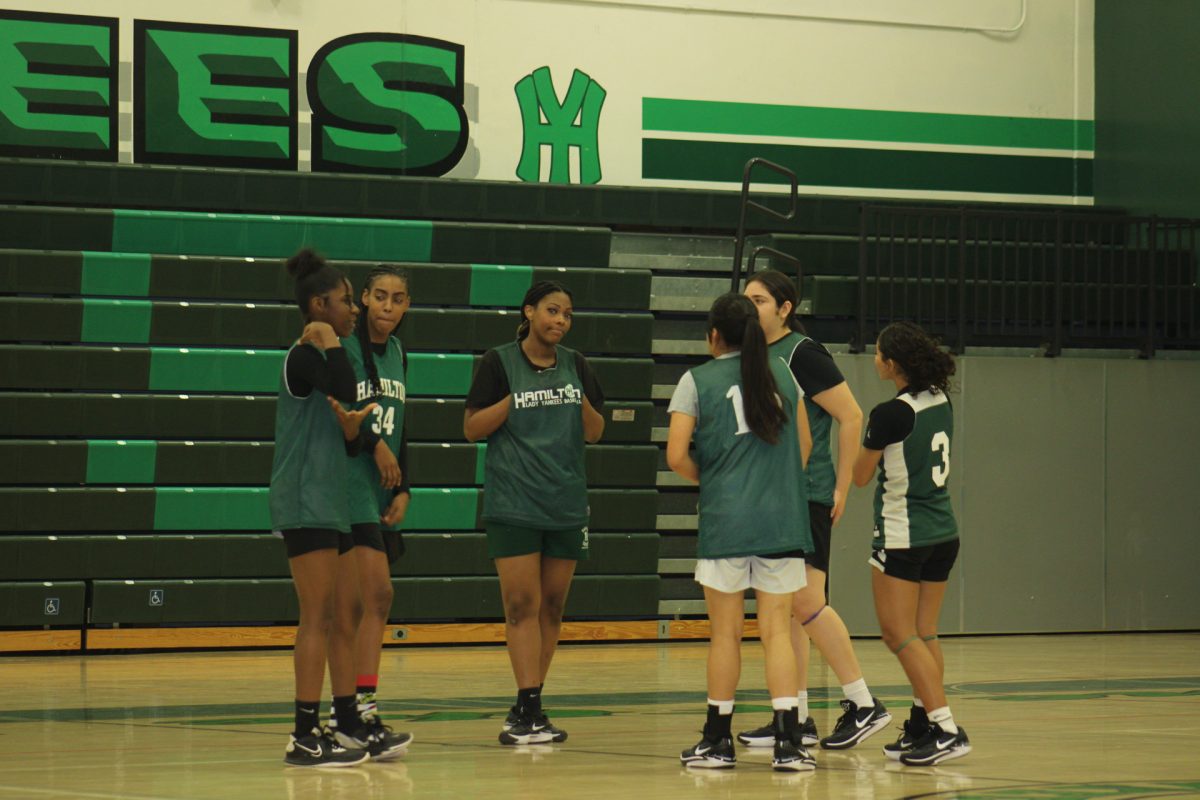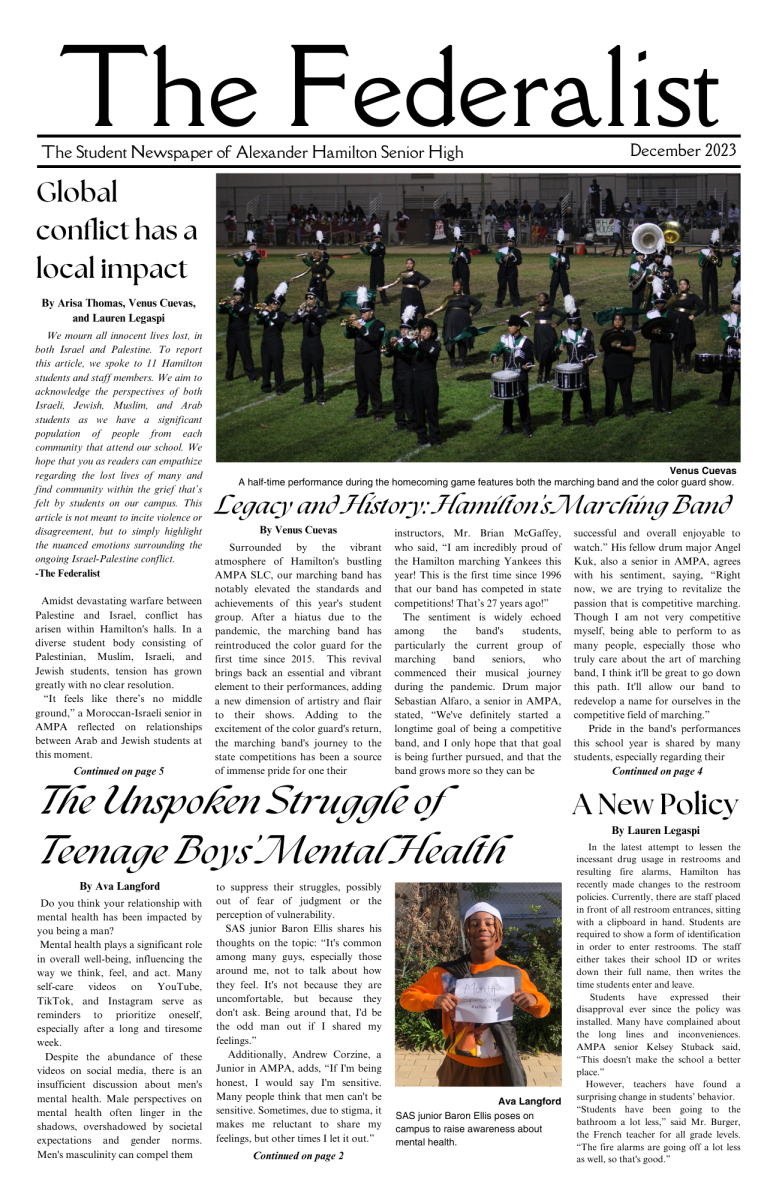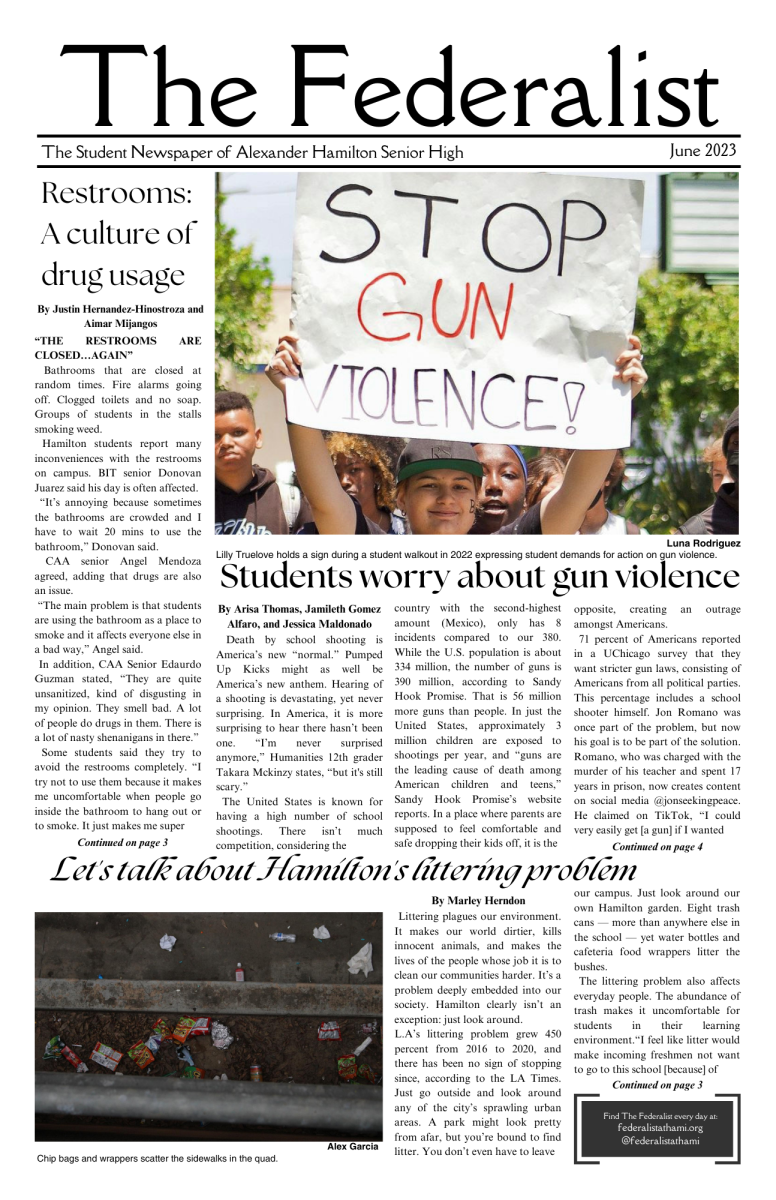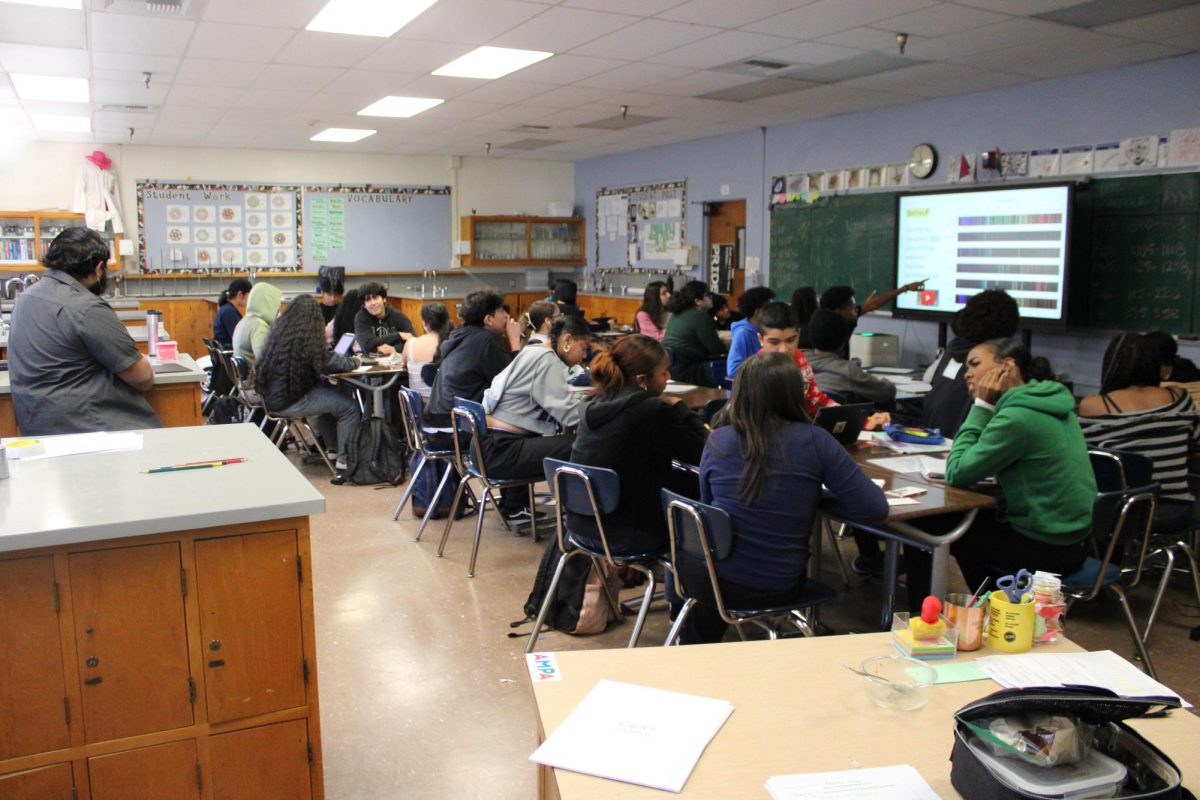Class sizes and the benefits on children of having more one on one time directly contrasts the convenience of stuffing children in a big class and leaving them. Putting a lot of students in one class allows for the school to not be stretched so thin… or at least that’s the rationale from those who advocate for larger classes.
However large class sizes often do end up stretching teachers thin. They have a more challenging lesson planning process. They have more work to grade and because there’s so much they often have less time to do so.
“ If you think about your 11th and 12th grade classes and all the essays they have to write, that’s like 39 essays for some teachers who have six classes, it’s a lot!” says Ms Zackson an ethnic studies teacher in BIT who prefers a smaller class because bigger classes are “extraordinarily overwhelming.”
On top of not being overwhelming for the teacher or the students, smaller classes also allow for the teachers to form a kind of bond with the students that is almost impossible to form when the class has over 30 students and the teacher has to teach a class that big for six times a day.
Ms. Landa, an English teacher for SAS, told us “On a personal note [smaller classes do] help me build a better rapport with them, get to know each other a little bit more.. It helps me feel more connected with the classroom, it helps them feel more connected with the classroom, with their classmates with the teacher, and with the material.”
The deep connection built in a smaller class as described by Ms. Landa serves contrary to the notion that a larger class size is beneficial for building a “supportive learning environment and community” described by one of the most staunch defenders of larger class sizes: Dr. Edward F. Gehringer from North Carolina State University. A community shouldn’t be defined by how big or small it is, but by the connection found within and by how much they can actually help each other and specifically how much time the teacher can spend working with each student when they’re not being stretched so thin.
Wanting smaller classes for a more hands on experience isn’t just a dream, for teachers or a quality of life improvement suggested by child development experts. Students also prefer the more hands on approach.
Ciel Choi, a junior in AMPA, said, “I prefer smaller class sizes. Especially if it’s something I need more time with like an art or writing. I feel like it just allows me to have more time with the teacher, which is better to grasp the concept.”
The origin of schooling, especially in America, involves one room schoolhouses, a retrospectively barbaric idea. One day they may even view classes with 30 or more kids the same way, because the truth is, larger classes should be a thing of the past.
Ms. Landa and Ms. Zakson both shared a common sentiment and it was that most or all teachers would “say that they want smaller classes.”

